On Thursday, the Supreme Court issued a ruling in Vega V Tekoh, a case involving the administration of Miranda rights, with the court ruling that a suspect’s words or statements can be used in court regardless of their Miranda rights.
For background, these are the facts of the case in question:
Terence Tekoh worked as a patient transporter in a hospital in Los Angeles. After a patient accused him of sexual assault, hospital staff reported the allegation to the Los Angeles Sheriff’s Department. Deputy Carlos Vega went to the hospital to ask Tekoh questions and take Tekoh’s statement. Although the parties described vastly different accounts of the nature of the interaction between Tekoh and Vega, it is undisputed that Vega did not advise Tekoh of his Miranda rights before questioning him or taking his statement.
Tekoh was arrested and charged in California state court, but a jury returned a verdict of not guilty. Following the acquittal on the criminal charge, Tekoh sued Vega, alleging that Vega violated Tekoh’s Fifth Amendment right against self-incrimination by taking his statement without first advising him of his Miranda rights.
Justice Samuel Alito issued his ruling, a count of 6-3, deciding that using such statements outside of Miranda rights is not a violation of a defendant’s rights and does not give them the right to sue the court for such use.
If a police officer fails to give a suspect his Miranda warnings, and the gov't uses the suspect's un-Mirandized statements against him in court, can the suspect sue the officer for violating his Fifth Amendment right against self-incrimination? In a 6-3 ruling, SCOTUS says no.
— SCOTUSblog (@SCOTUSblog) June 23, 2022
Miranda prescribed a specific and protective set of warnings to ensure that criminally accused suspects were made aware of the Fifth Amendment’s decree that no person “shall be compelled in any criminal case to be a witness against himself.”
Miranda is also one of the court’s most culturally famous decisions. Americans know Miranda. More accurately: Americans know their Miranda warnings. Even if they cannot recite the lyrics to the national anthem or the Pledge of Allegiance, they likely can recite Miranda’s warnings:
- You have the right to remain silent;
- Anything you say can and will be used against you in a court of law;
- You have the right to a lawyer;
- If you cannot afford a lawyer, one will be appointed for you.
Generally, if the police obtain a suspect’s statement violating Miranda, the government cannot use that statement against the defendant in court.
But can the defendant later sue the police for violating the defendant’s constitutional rights?
The Supreme Court now says, No.
The ruling brings into question the future of Miranda rights. Essentially Thursday’s ruling implies that any conversation, coerced or voluntary, taken in the absence of Miranda, can be used against a defendant in a court of law.
Thursday’s ruling is a threat to the Fitfh Amendment, which states that “no person . . . shall be compelled in any criminal case to be a witness against himself.” It also “permits a person to refuse to testify against himself at a criminal trial in which he is a defendant” and “also ‘privileges him not to answer official questions put to him in any other proceeding, civil or criminal, formal or informal, where the answers might incriminate him in future criminal proceedings.’”
Alito said in his ruling, “Miranda did not hold that a violation of the rules it established necessarily constitute a Fifth Amendment violation, and it is difficult to see how it could have held otherwise.”
In referring to Miranda, Alito said, “At no point in the opinion did the Court state that a violation of its new rules constituted a violation of the Fifth Amendment right against compelled self-incrimination.”
He went on to clarify that “Miranda Court stated quite clearly that the Constitution did not itself require “adherence to any particular solution for the inherent compulsions of the interrogation process” and that its decision “in no way create[d] a constitutional straitjacket.”
Ultimately, Alito ruled, “Because a violation of Miranda is not itself a violation of the Fifth Amendment,” there is “no justification for expanding Miranda to confer a right to sue.”
The Court’s decision states that a defendant cannot take recourse on any law enforcement official who chooses to use un-Mirandized statements in a court of law related to pending criminal cases.
Miranda Rights downgraded to Miranda Suggestions https://t.co/vQB0GTEnBa
— Sam Biederman (@Biedersam) June 23, 2022
It appears that the power of Miranda, one of the Court’s most notable cases, is being eroded.


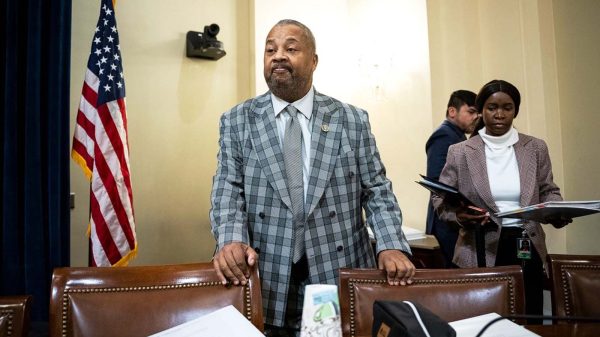
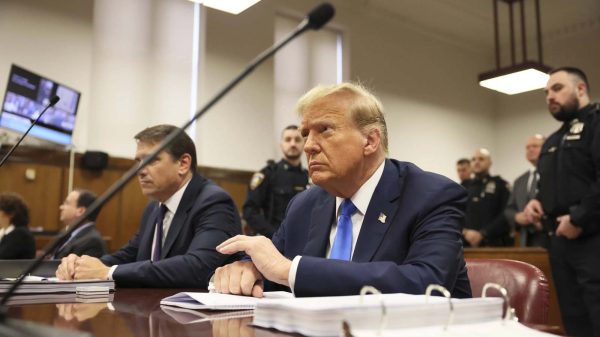
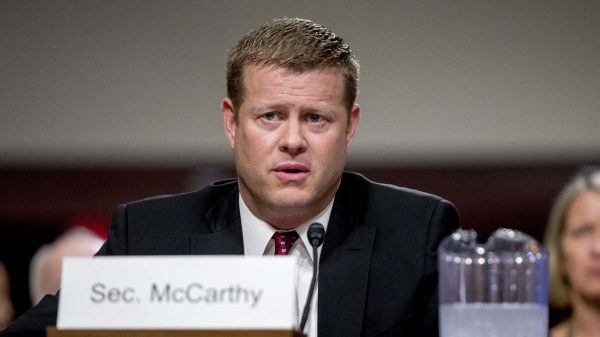

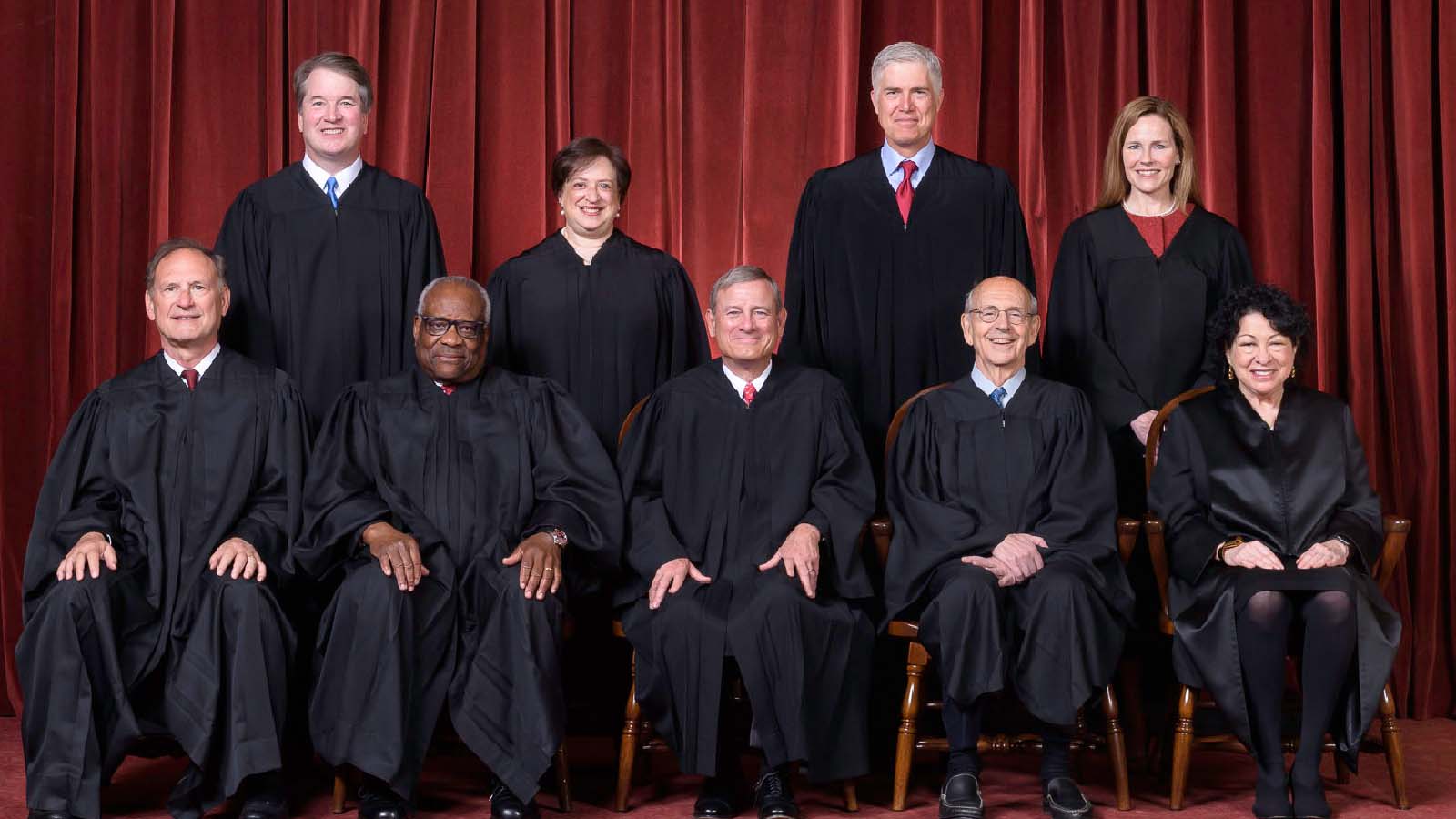




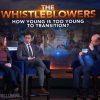
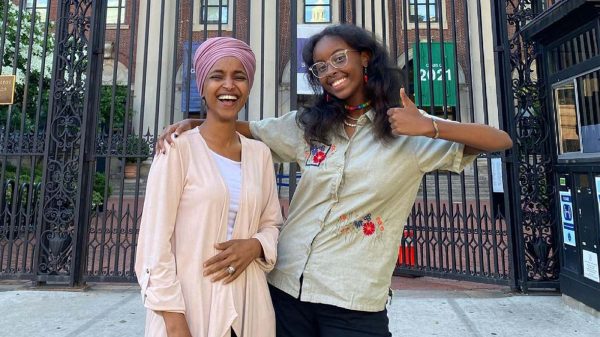
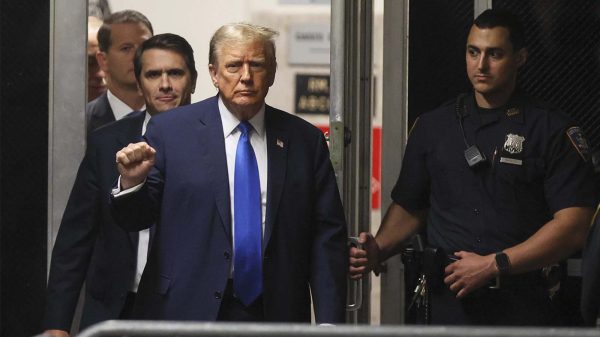


The accused won his day in CRIMINAL court as he should have after the officer failed doing a BASIC step in an investigation. That doesn’t mean that he gets to apply that failure in a CIVIL court.
This is good! Too many times the criminal gets away because the law favors their rights over the party who has been hurt.
If I understood the situation, the individual was accused of sexual assault. He had to know he was under investigation. I know a lot of police officers, and if I’m a whiteness to something I will do my best to help. If I’m in any way involved with an incident that subsequently involves police, then SAY NOTHING! It’s that simple. Unfortunately, this ruling will cause a lot of people to just avoid talking to the police for any reason.
You don’t have to talk to anyone in authority without your lawyer present and it’s highly advised especially when it comes to any cop or FBI, most people are aware that in today’s world there’s plenty of dirty badge holders.
Miranda is useless.
You have the right to remain silent; NO
Anything you say can and will be used against you in a court of law; YES
You have the right to a lawyer; YES
If you cannot afford a lawyer, one will be appointed for you. YES